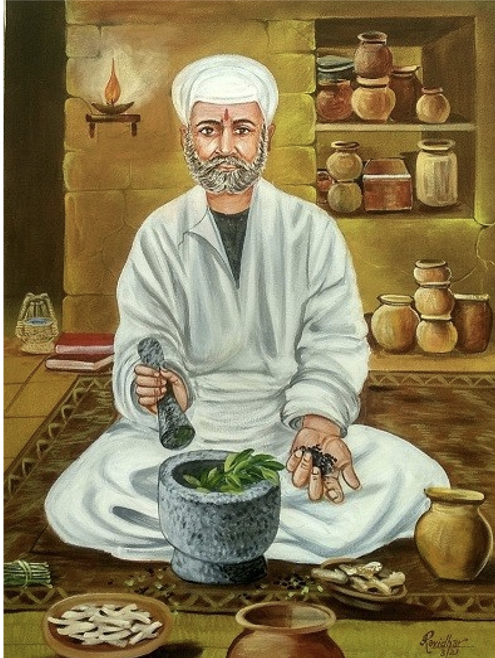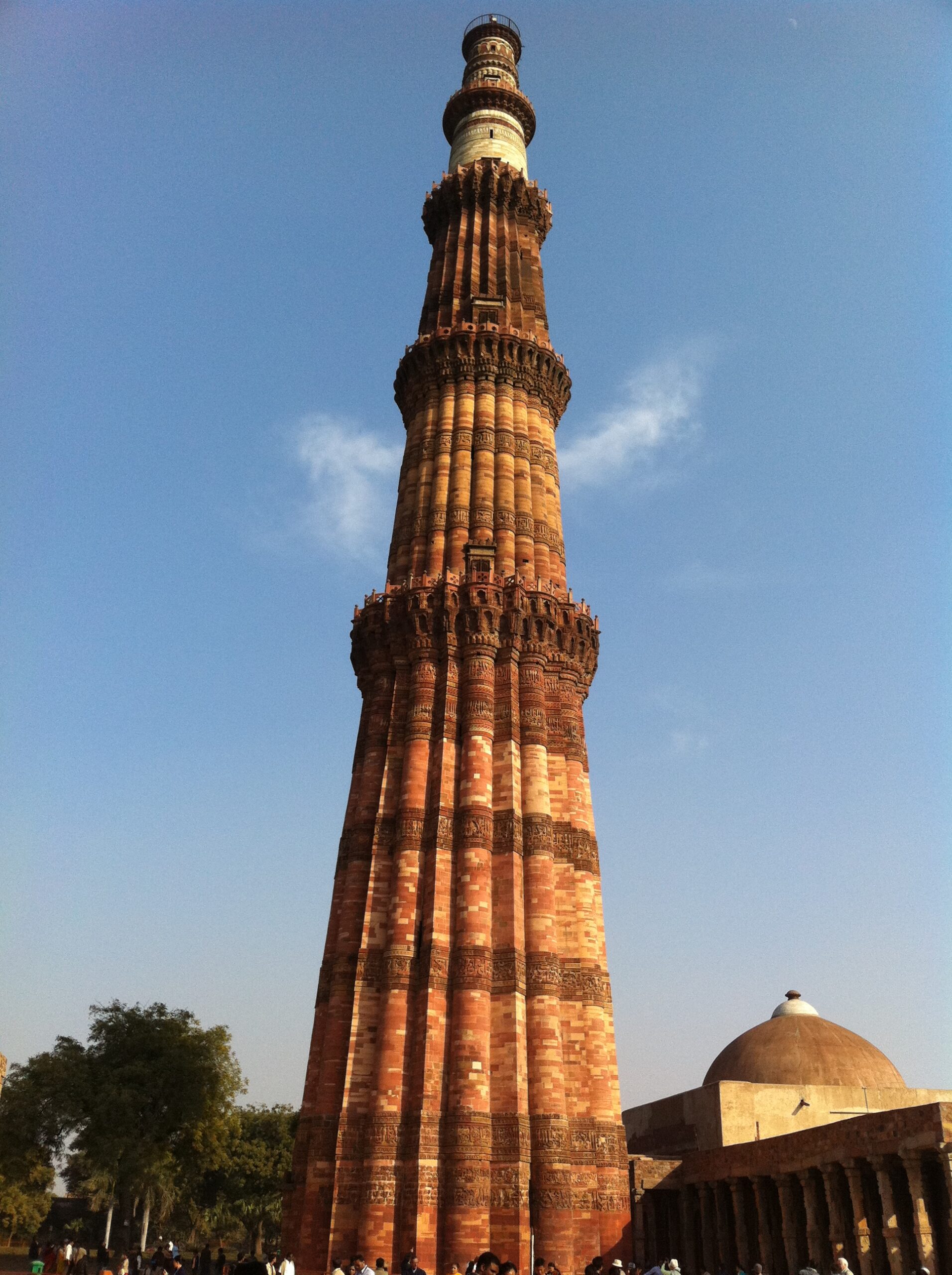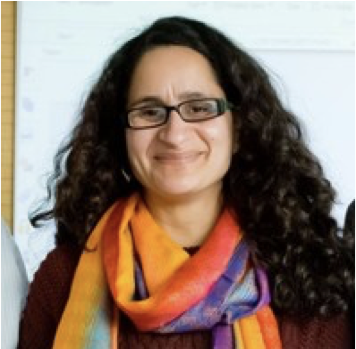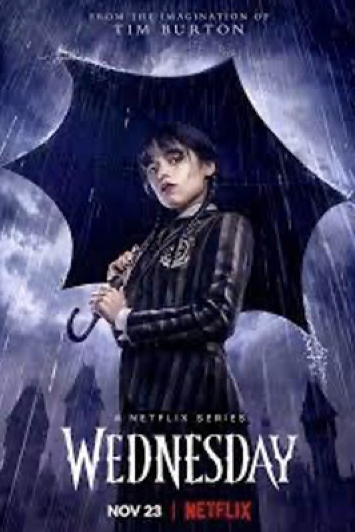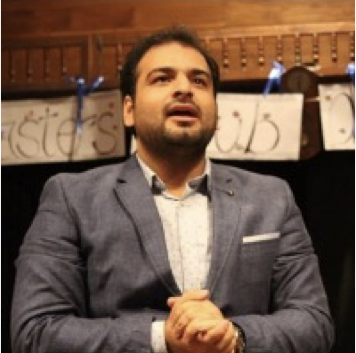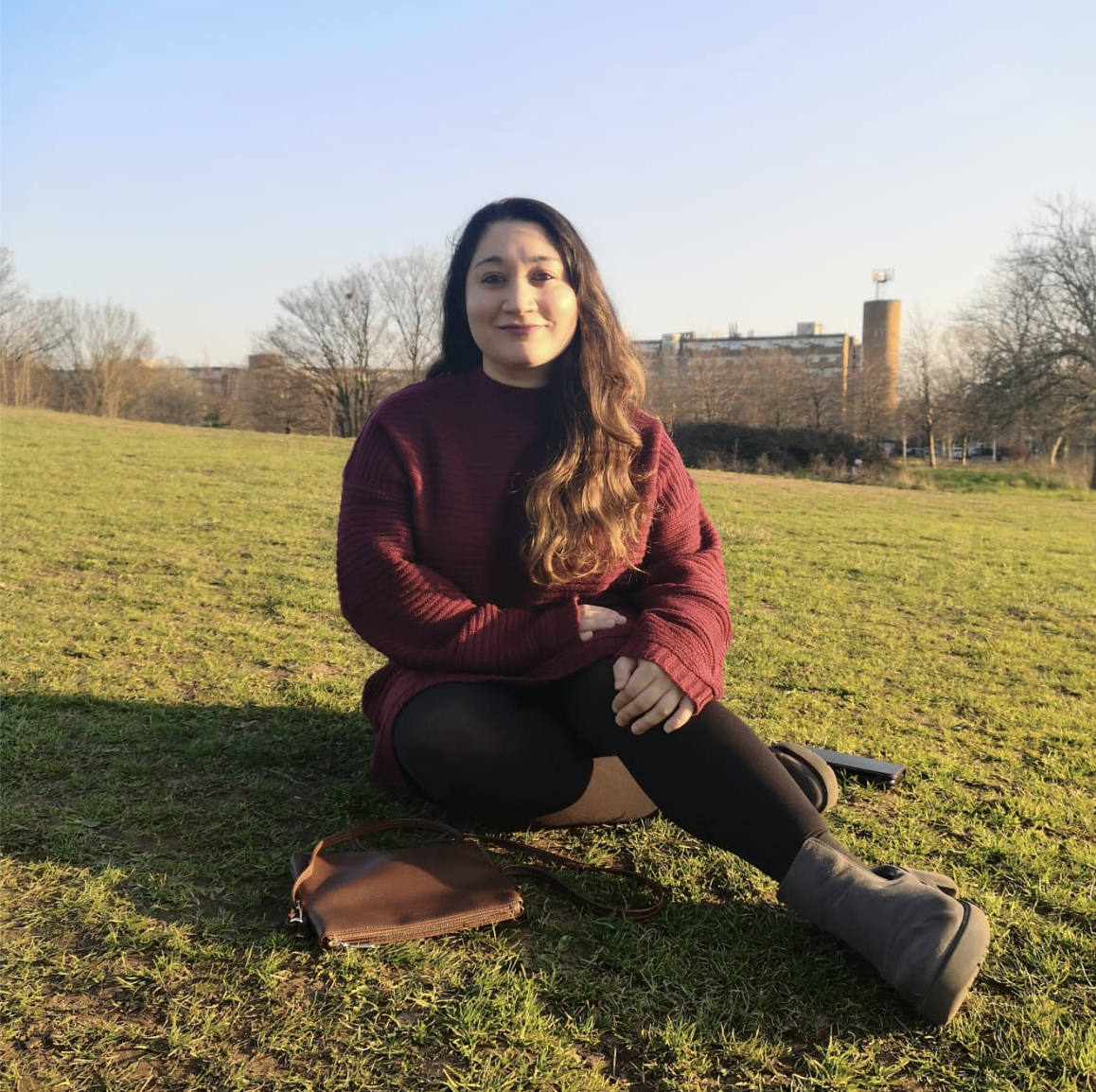
Reflection On My Journey
Dr. Vitasta Raina
When you look back at your own life, there are moments that are identifiable as ‘turning’ points. Or if I was being dramatic I would call them ‘life-changing’. Rarely are those moments an individual action or a specific event. Rarely do we know the full impact of our decisions. It takes days, weeks, months and even years for actions to unfold and show their true consequences. Whether for the right or the wrong.
And so when someone asks me how I came to be a doctor, the easy answer is of course: I applied to medical school, sat through many years of hard work and got through the other side as a newly qualified doctor. But the longer, more complex answer is of course a lot more difficult to answer.
I could say it was a decision waiting to happen. I could attribute it to many events in my life that culminated into me being where I am today. And that is of course true for us all. But the key moments, if we keep to the dramatics, would probably be the following:
- The decision my parents took to move our family from India, where we were all born, to Turkey and then finally to England.
- The decision I took – on a whim- to work for a local clinical urgent care telephone service.
- The accidental friendships that formed in school and at university and later forged their way into shaping my personality.
- The political and social circumstances in the UK that allowed an under-confident, child of an immigrant family to believe she could also be a doctor in one of the world’s leading hospitals.
- The subconscious role modelling set about by my brothers – who showed us all that hard work and dedication are powerful tools.
- The day in, day out work my mum and dad did in keeping our family home a safe and happy place and yet paving the way for all three of their children to replicate the ambition and hope they brought with them when they immigrated.
So you see, it was less about the exams and the clinical placements or even the patients. It was more these factors that allowed me to become a doctor.
Obviously that wasn’t the end.
I entered the NHS as a professional almost three years ago. I entered a workplace that was already succumbing to systemic pressures. Our resources were haemorrhaged out. Our clinicians were tired. Our bravado in the face of an NHS hanging on with sheer will was finally tested to its most when the Covid-19 Pandemic hit in 2019.
As a young doctor working in the hospitals, I suddenly was thrown into a world I hadn’t prepared for or anticipated. And almost two years on, we are still recovering. Resilience is a big word in our industry. And a big word in the migrant community.
You must adapt to survive. You must move with the flow. You must stay alert, stay sharp and most importantly recognise if you’re struggling.
And we were. Both as migrant communities in the UK and as the medical community.
But there is a strange thing about resilience. In the face of adversity, communities come together. We re-learn a new normal. We re-learn to become whole in a world turned upside down. We learn to wear face-masks to cope. We learn new languages and foods. We see patients online. We go to local clubs to meet other locals and adapt. Migrating into a covid-era felt a little like migrating to a new country again.
Growing up I always had a sense of non-belonging. A feeling very common to those of mixed heritage, mixed nationalities and mixed-cultures, like many immigrants. Cultural differences and a mis-match between my home and the streets often made me feel insecure and unsure of my place in this world. My granddad once said to me in 2012: your culture is what you decide it to be. You belong to a place if you want to belong. And he was right. As I entered my twenties, I realised that being bilingual was a blessing. Easily flitting between two cultures both in my personal life and professional too. I realised that my love for theatre allowed me to connect to others in different ways. My love for writing and acting gave me an outlet to express my thoughts and emotions. And above all my true belonging started when I finally accepted that I was who I am and that was just enough. I belonged because I chose to.
Now I find it difficult to not feel confident and secure. It has been a long journey of imposter syndrome and identity crisis. But today I can and do introduce myself in a way that gives me the quiet confidence of a girl – who is now a woman – that knows where she belongs.
So here I am. Dr. Vitasta Raina. An Indian born British doctor who will correct you if you mis-pronounce her name. A woman with a lot of ambition who no longer worries about her identity or her place in this world. Who likes to write, and act in theatre plays and go to see musicals and is proud to say all that without the worry that somehow this will make her an outcast. Because I’ve finally decided that this immigrant girl does belong. And she belongs right here.


